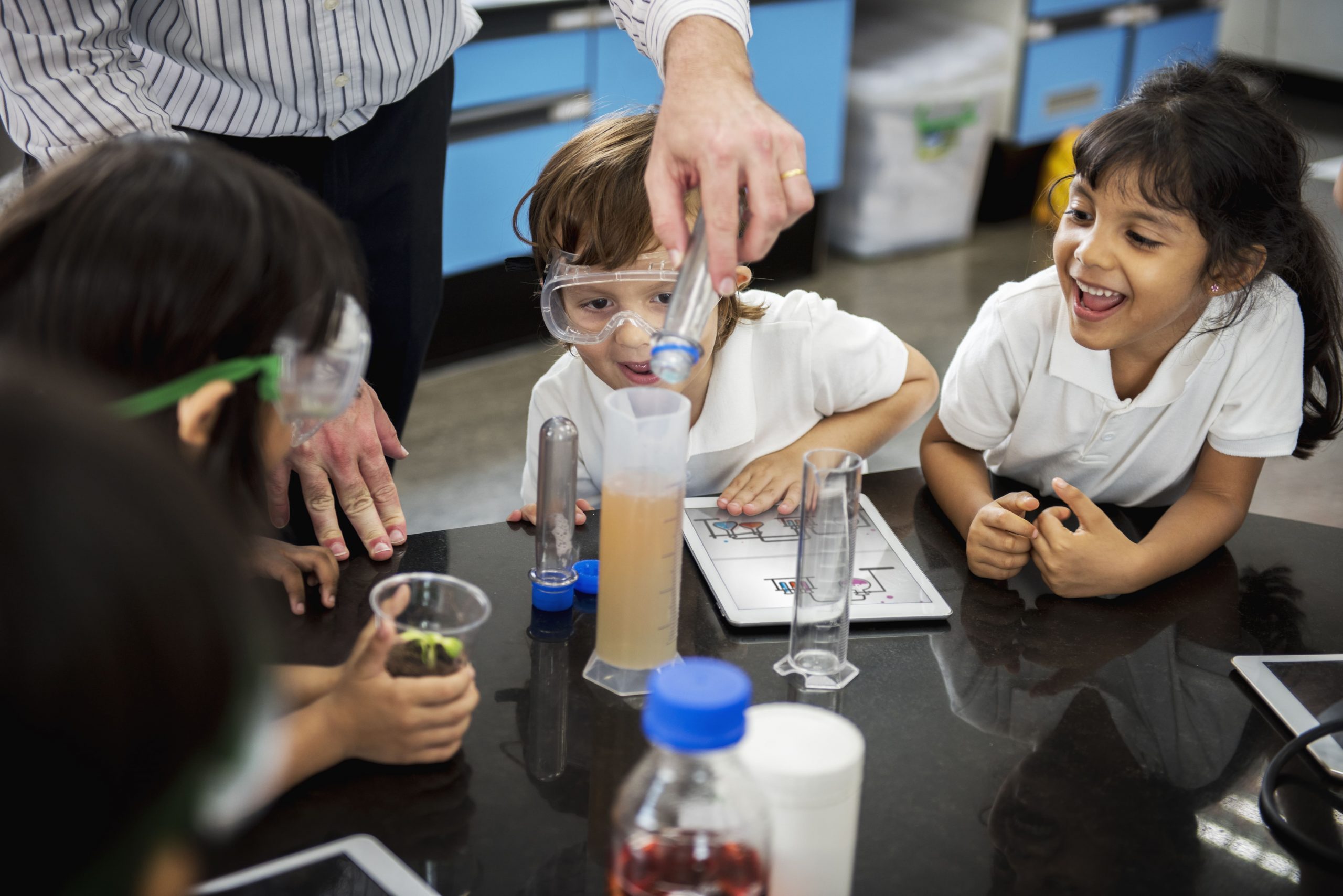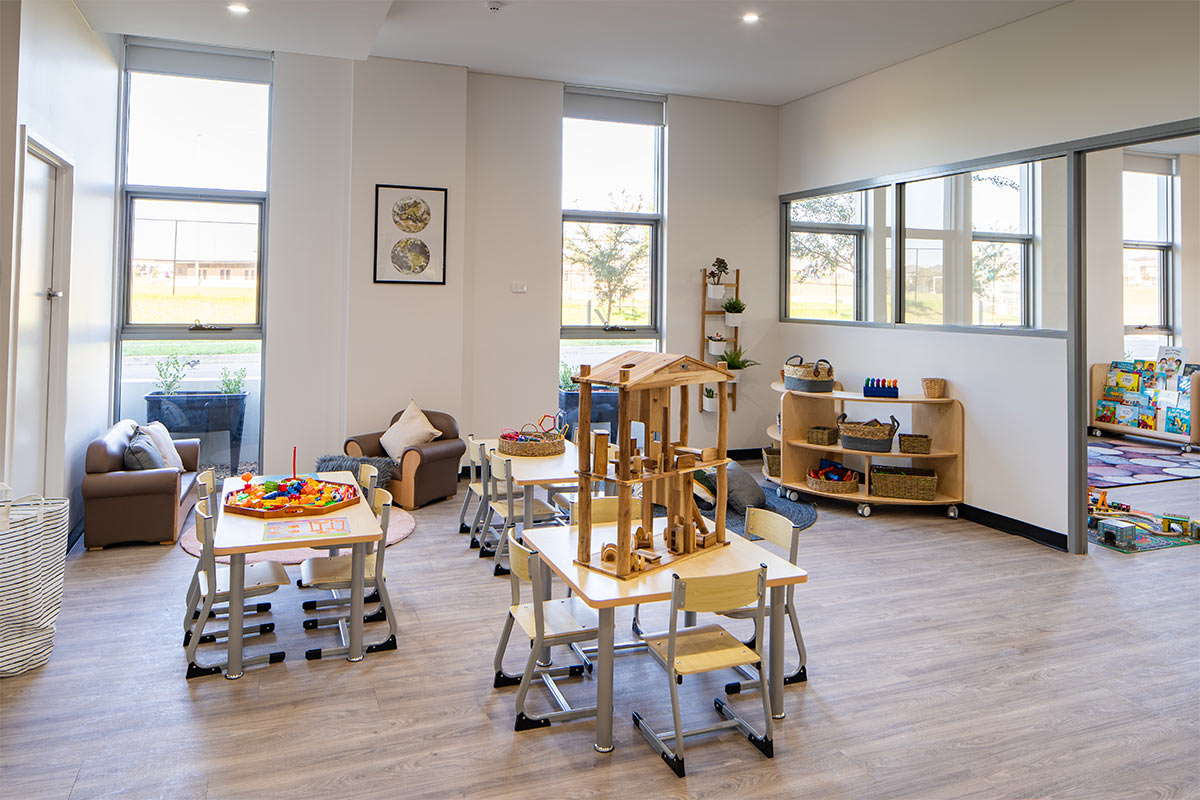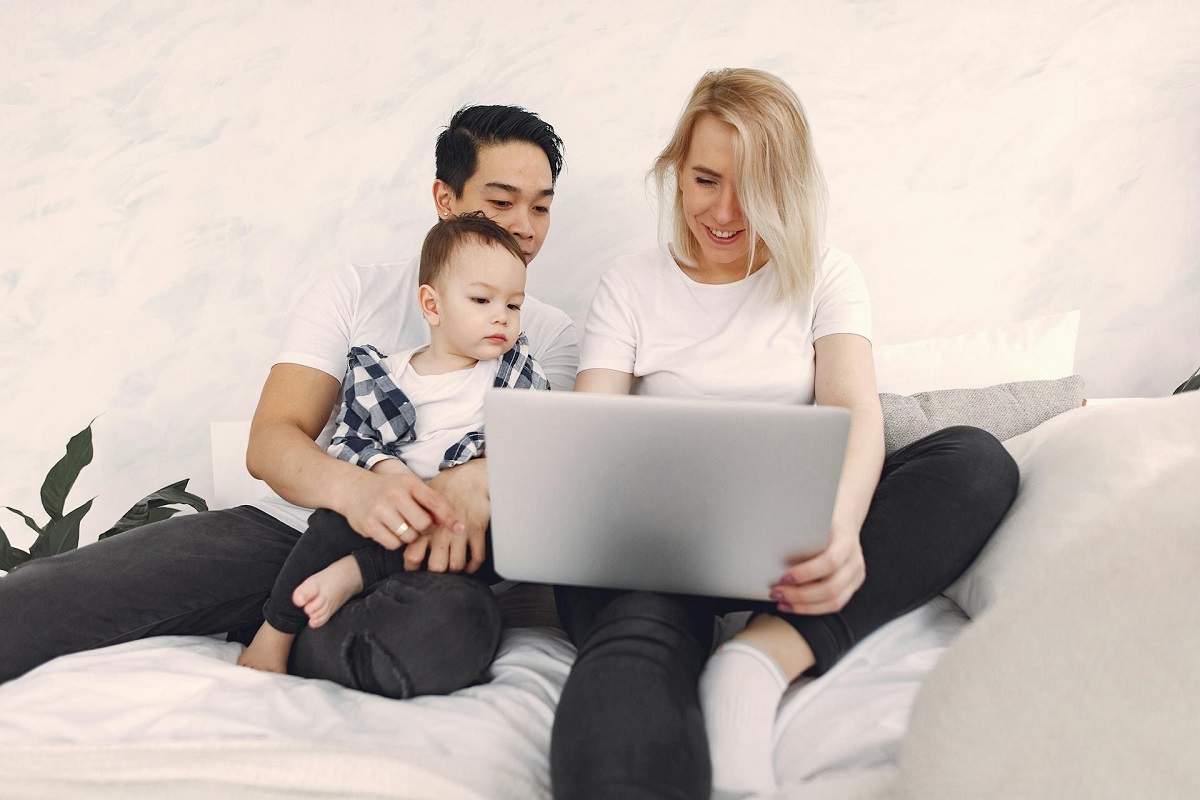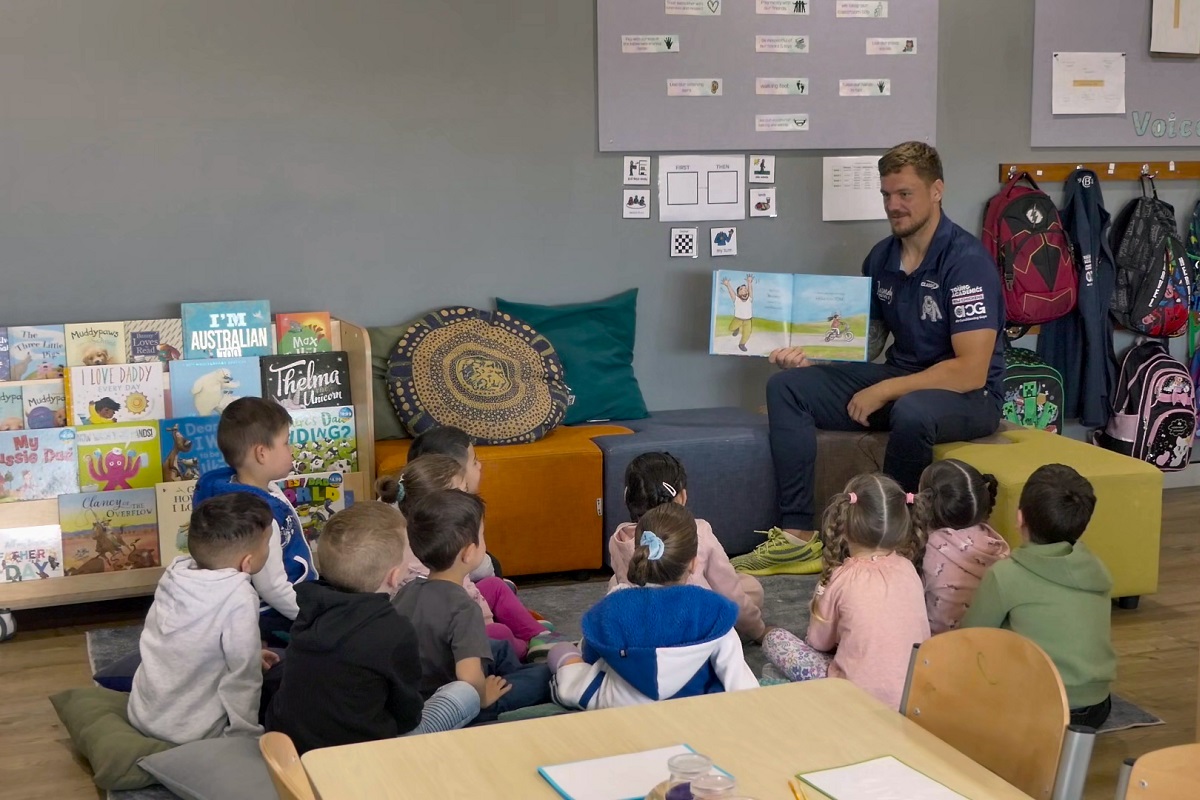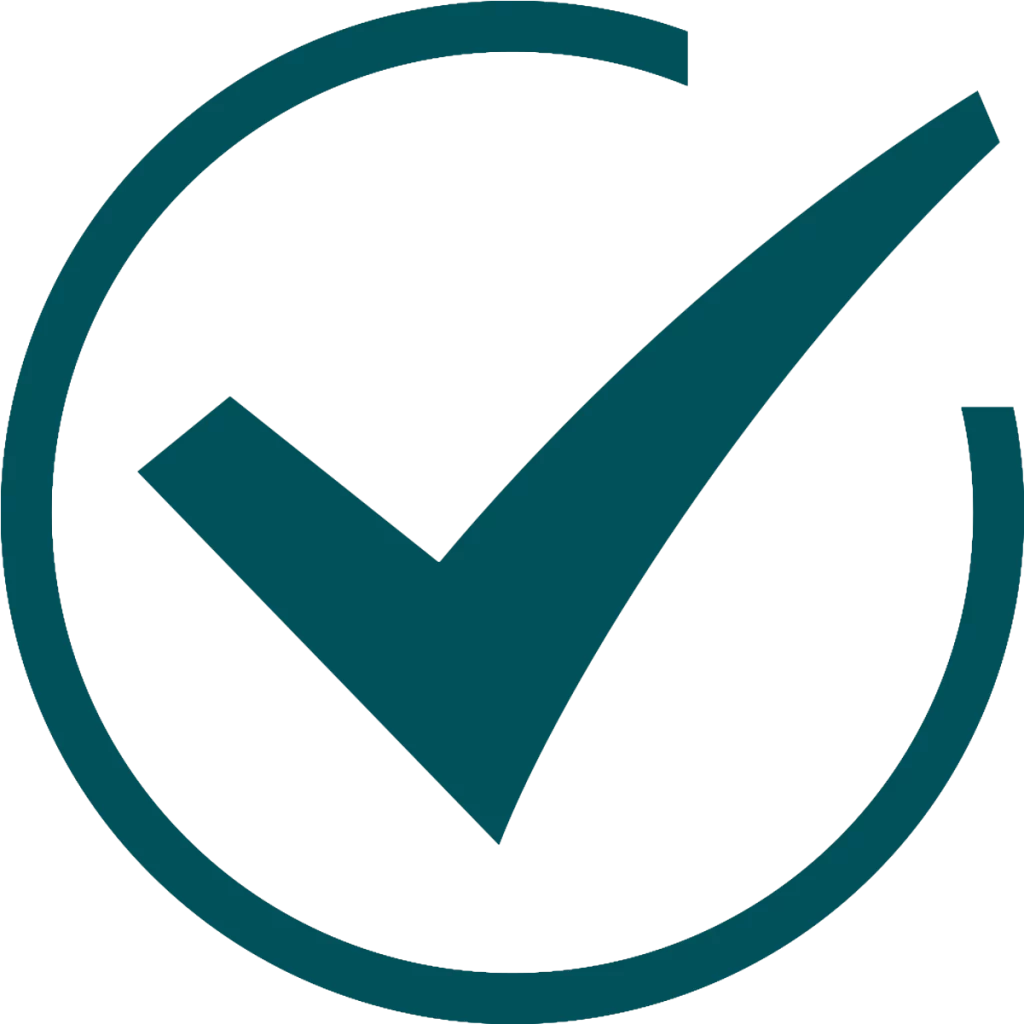Here, we look at the main development areas for preschoolers and what you can expect your child to learn in a quality childcare setting. So what are learning outcomes in early childhood? A learning outcome is a skill or knowledge that educators can actively promote in early childcare centres, collaborating with children and families. This means that childcare can help to develop a range of behaviours and learning outcomes to prepare them for kindergarten.
Between the ages of 3 and 5, children grow and develop at an incredible rate, both in terms of their bodies and brains. Even though every child progresses at their own rate, certain milestones provide a good indication of how your child is developing for their age and how their behaviour relates to specific learning outcomes.
The Australian Children’s Early Childhood Quality Authority (ACECQA) identifies these five developmental areas for children:
- Physical
- Social
- Emotional
- Cognitive
- Language development
The Early Years Learning Framework is part of the Australian National Quality Framework for early childhood education and care and describes the principles, practices and outcomes essential to your child’s learning from birth to five years of age, as well as their transition to school.
The framework strongly emphasises play-based learning, recognising the importance of communication and language (including early literacy and numeracy) and social and emotional development. There are five learning outcomes defined by the EYLF:
- Children have a strong sense of identity
- Children are connected with and contribute to their world
- Children have a strong sense of wellbeing
- Children are confident and involved learners
- Children are effective communicators
These learning outcomes take into account the different capabilities and experiences of children and allow educators to share more complex ideas and learning experiences with your child as they develop.
Regular assessments are essential when it comes to your child’s overall development. At Young Academics, at the start of each year, our educators work in partnership with families to set goals for your child tailored to each child and developed in conjunction with families. Then, we plan different learning experiences each month to help your child reach these goals that align with their developmental milestones. Families are updated on their child’s progress through regular updates on OWNA, our family communication platform, and annual parent/teacher evenings, allowing you to speak one-on-one with your child’s educator. Every six months, our educators assess your child’s progress and provide feedback in a formal developmental summary against their individual goals.
The Early Years Learning Framework recognises that ‘each child will progress towards the outcomes in different and equally meaningful ways.’ However, it’s recommended that you seek professional advice if your 3-5-year-old:
- Is not understood by others
- Is stammering or has speech fluency problems
- Isn’t playing with other children
- Isn’t able to have a conversation
- Is not able to go to the toilet or wash themselves
To engage your child’s five developmental areas, the Early Years Learning Framework places particular emphasis on play-based learning. This is because play:
- Allows for the expression of personality and individualism
- Enhances curiosity and creativity
- Helps children make connections between past experiences and new learning
- Helps children develop concepts and relationships
- Encourages a sense of wellbeing
At Young Academics, all our programs are strongly aligned with the Early Years Learning Framework. Our signature approach to early education programs meets the needs of every child while actively engaging in play-based experiences that challenge and extend thinking and learning. We believe children learn the most when they are having fun at the same time.
Our Transition to School Program is designed to develop foundational skills, providing a fluid transition into Early Stage One of the Australian School Curriculum. Guided by our expert educators, our programs promote a combination of outcomes and life skills that set your child up for a successful transition to ‘big school’.
If you want to learn more about childcare learning outcomes, call us today on 1300 668 993 to book a tour.



 BACK
BACK